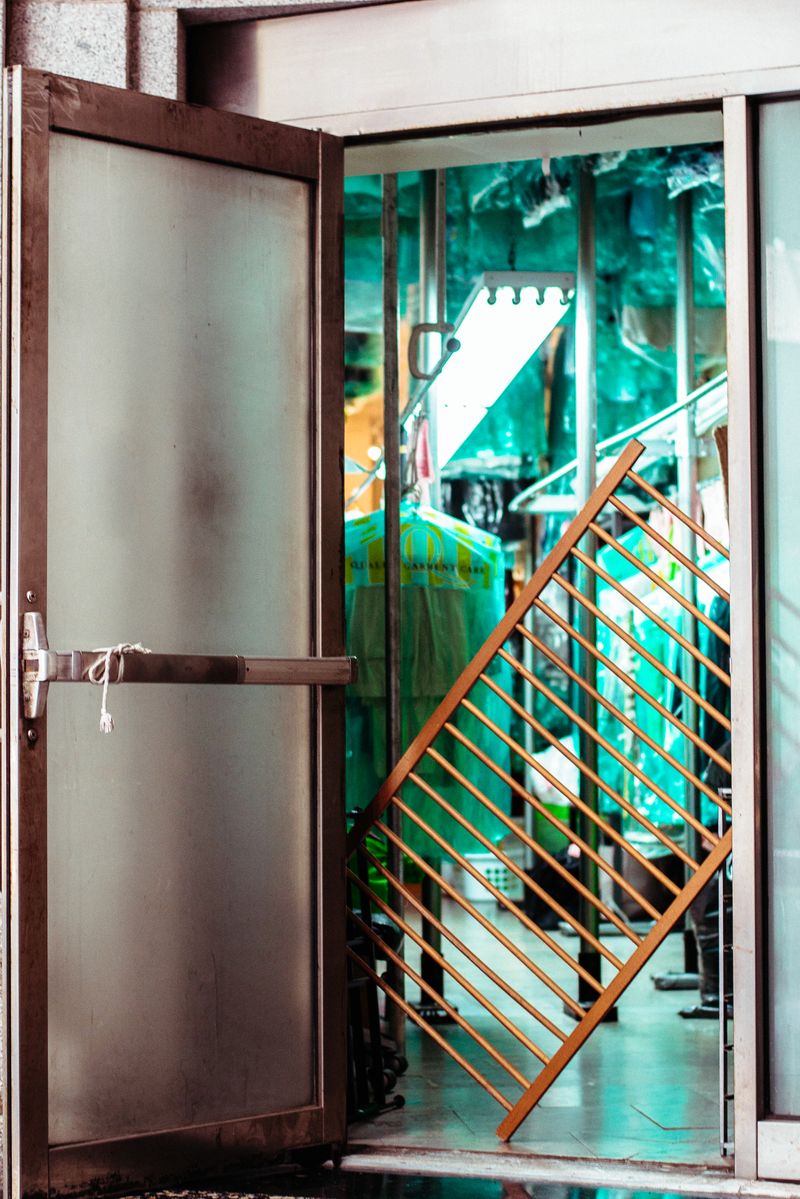#### September 16, 2023
In a recent interview with The New Yorker, comedian Hasan Minhaj revealed that some of the stories he has shared on stage during his stand-up specials were fabricated. This admission marks the first time Minhaj has acknowledged bending the truth in his performances, sparking an important conversation about the ethics of storytelling in comedy.
Minhaj, renowned for his Peabody Award-winning show “Patriot Act” and stand-up specials like “Homecoming King,” has previously addressed deeply personal topics such as his family and experiences with Muslim discrimination after 9/11. However, it has now come to light that some of these narratives were not based on real incidents.
### The Impact of Fabrication
In his 2022 Netflix special “The King’s Jester,” Minhaj recounted a horrifying incident involving an envelope filled with white powder being sent to his home. He claimed that the contents spilled onto his daughter and resulted in her being rushed to the hospital, only to discover that the powder was not anthrax. The New Yorker revealed that this story was entirely fictional.
Furthermore, Minhaj admitted to concocting a story about being violently apprehended by police after a white man and FBI informant infiltrated his mosque in 2002. This false narrative about racial profiling, which he shared in another segment of his performance, sheds light on the dangers of manipulating sensitive issues for comedic effect.
### The Ethical Quandary
Minhaj’s defense of his work centers on the concept of “emotional truth.” He argues that while his stories may be fictionalized or exaggerated, they are built around a kernel of truth. This “emotional truth,” he claims, forms the foundation for his humor.
However, this reasoning raises ethical questions about the responsibilities of comedians when dealing with sensitive topics or personal narratives. Should there be a line drawn between artistic license and outright fabrication, especially when it comes to subjects like discrimination and traumatic experiences?
### The Role of Comedy in Society
Comedy has long been regarded as a means to shed light on societal issues and challenge the status quo. Comedians have often used satire and exaggeration to draw attention to injustices, sparking conversations and pushing boundaries. But as Minhaj’s case demonstrates, the line between pushing boundaries and misleading audiences can become blurred.
While humor allows for some degree of fictionalization and exaggeration, it is crucial for comedians to be transparent about the fictional elements in their stories. Audiences rely on a level of trust that what they are hearing, even if exaggerated, carries some semblance of truth. The admission of fabrication by Minhaj betrays that trust.
### The Way Forward
Moving forward, there are several actions that can be taken to address the ethical dilemma raised by Minhaj’s admission. First and foremost, comedians must acknowledge the responsibility they hold in shaping narratives and influencing public perception. They should strive to strike a balance between entertainment and honesty, ensuring that the core of their stories remains grounded in truth.
Secondly, comedy venues and platforms should provide clearer guidelines and expectations regarding the veracity of performers’ narratives. Open discussions on the ethical boundaries of storytelling can help establish a code of conduct that ensures audiences are not unintentionally misled.
Lastly, individuals should approach comedy with a critical eye, recognizing that not everything presented on stage is strictly factual. As consumers of entertainment, we bear the responsibility of questioning and scrutinizing the stories we hear, even if they are presented in a comedic context.
### Conclusion
Hasan Minhaj’s admission of fabricating stories in his stand-up specials raises important ethical questions for the comedy industry. By blurring the line between truth and fiction, comedians risk eroding the trust that underpins their connection with audiences. It is essential for comedians, venues, and audiences to engage in open dialogue and establish ethical boundaries to ensure that comedy remains a powerful vehicle for social commentary while maintaining its integrity.
*This article was written by , a current affairs commentator.*

<< photo by Sofía Rabassa >>
The image is for illustrative purposes only and does not depict the actual situation.
You might want to read !
- Hasan Minhaj’s Defense of Hyperbole: A Comic’s Perspective on Powerful Tools
- Taking a Stand: N.F.L. Reporter Exposes Racial Discrimination in Groundbreaking Claim
- “Examining the Sports Betting Landscape: Colorado vs. Colorado State 2023 College Football Clash”
- Russell Brand: Unmasking The Shadows and Illusions of Comedy
- Russell Brand Denies ‘Criminal’ Allegations: Unveiling the Truth Behind the Controversy
- Byron Allen’s Audacious Bid: Will Disney Accept $10 Billion Offer for ABC and Cable TV?
- Cardi B and Offset: A Public Battle Unfolds as Accusations Fly
- Taylor Swift’s Re-Recorded “Speak Now” – A Reflection on Her Artistic Evolution
- Behind the Scenes: Netflix’s “Quarterback” Docuseries Provides an Intimate Portrait of the Gridiron
- Dissecting the Tragic Case: Behind the Murder of Randy Travis Lighting Director by His Wife
- “Behind the Scenes of Michael Rubin’s Glamorous Hamptons White Party: A Captivating Visual Journey”




